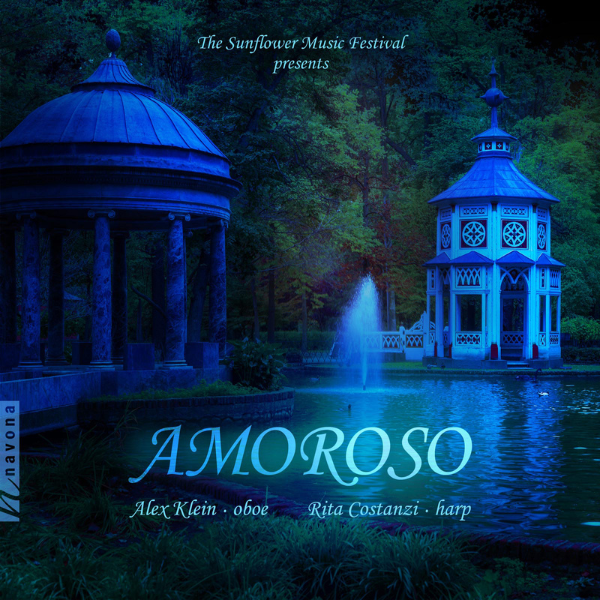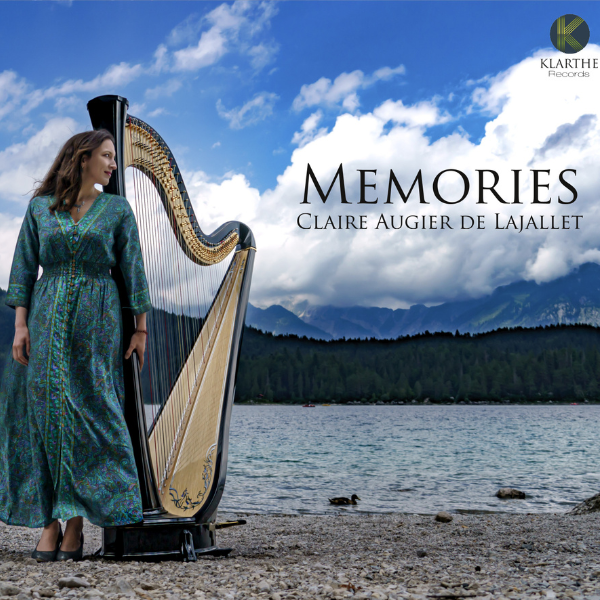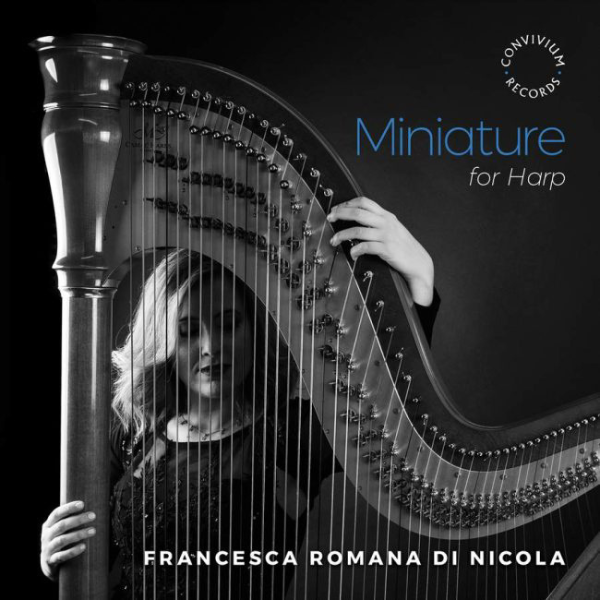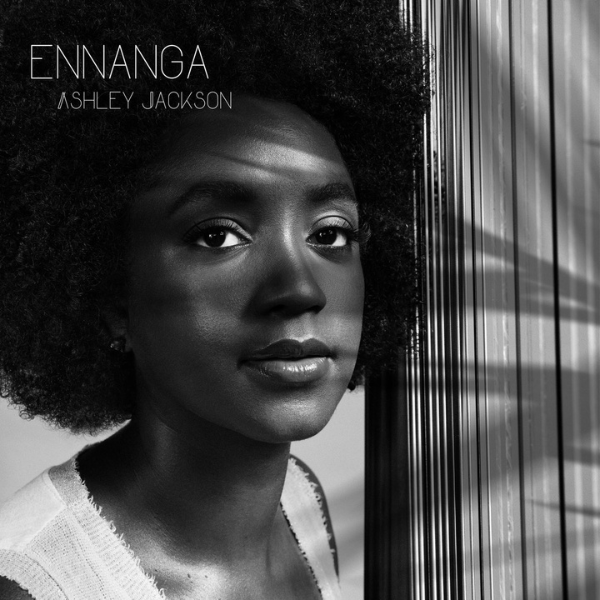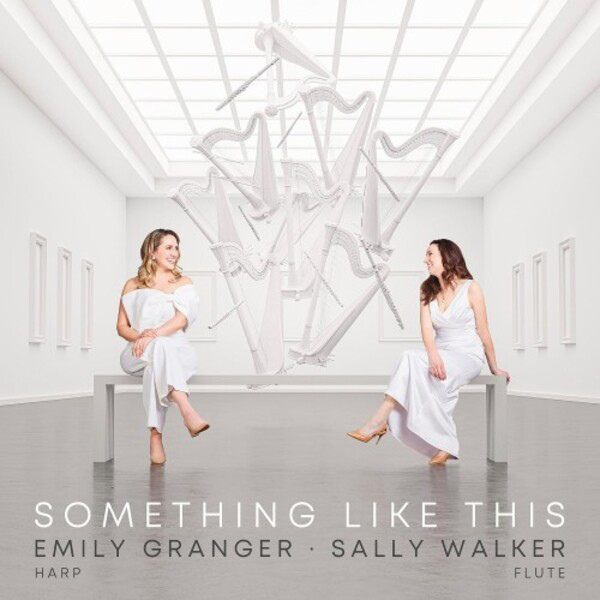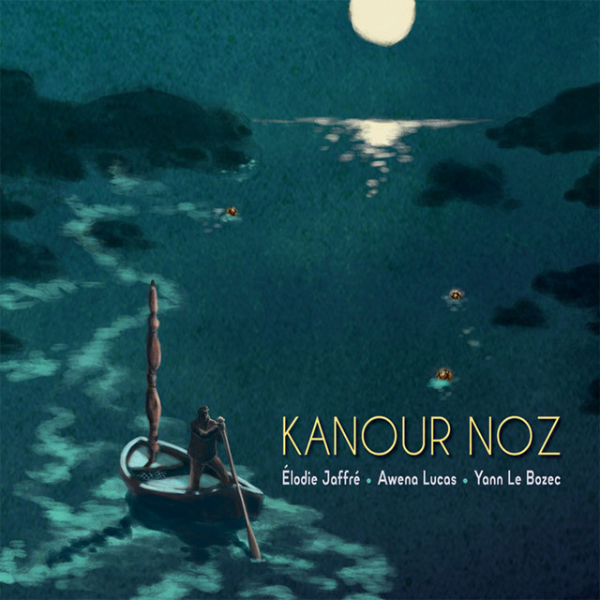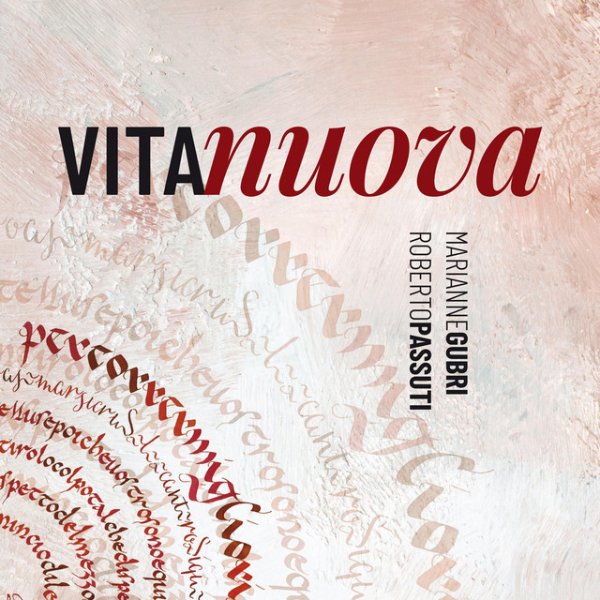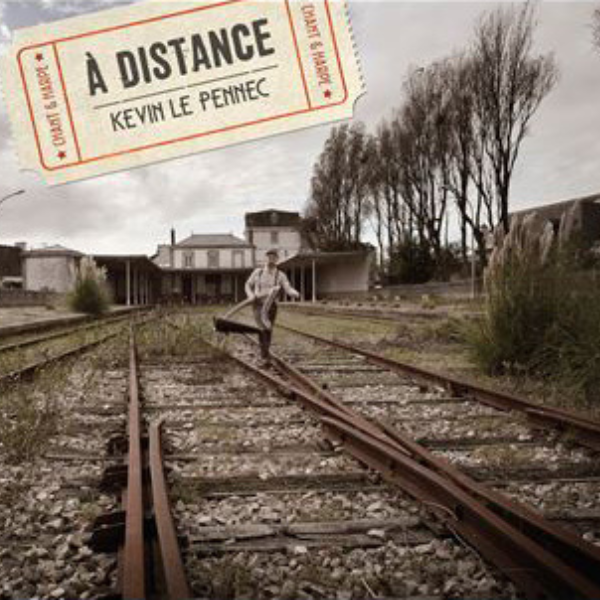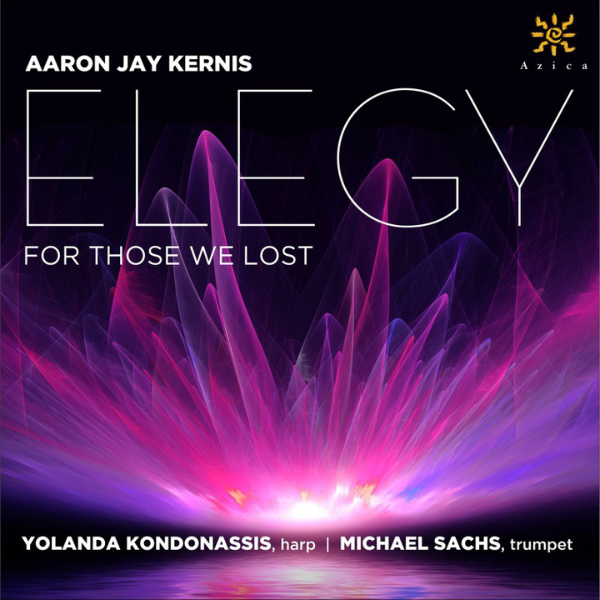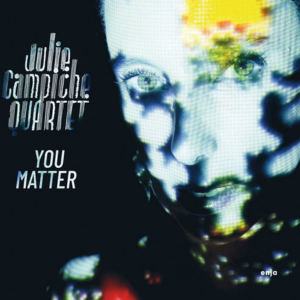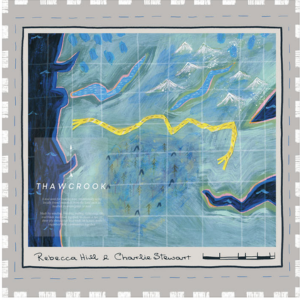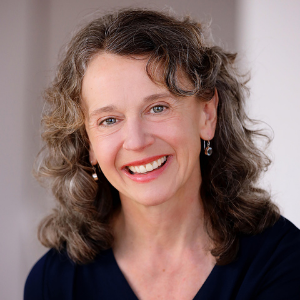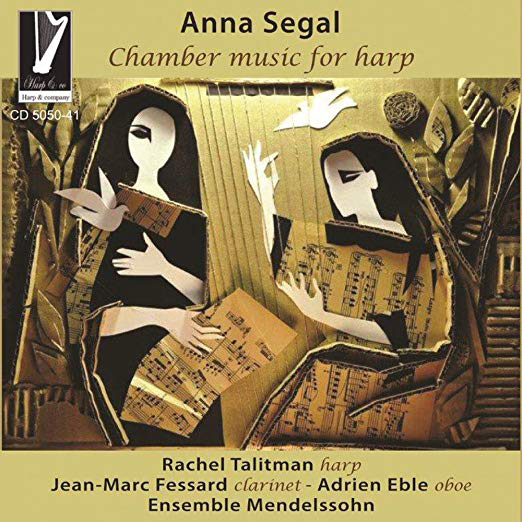
8/10
Rachel Talitman, harp; Jean-Marc Fessard, Adrien Eble, clarinet; oboe, Ensemble Mendelssohn. Harp & Co., 2018.
You have to hand it to Israeli harpist Rachel Talitman—her dedication to not only searching out and performing unknown repertoire knows no bounds, but she has also kept an outstanding record of her discoveries in a beautifully recorded library. She has 40 releases and counting, including music by Vincenzo-Maria Graziani, Vicomte de Marin, and a compilation of surviving Jewish-Polish composers among others more familiar like Debussy, Mozart, and Damase. Of the small pile that has come across my desk in the last few years, the world-premiere release of chamber music by Israeli composer Anna Segal really struck my fancy for its ability to stop me from whatever I was doing to simply sit and listen.
The CD begins with the unlikely pairing of harp and clarinet in a concertino with small string ensemble. It is mostly a nod to the Impressionist era, light and airy with plenty of sunshine. Rachel’s languorous skipping matches well with the more voice-like tone of Jean-Marc Fessard’s clarinet. But it is the harp that takes the lead and remains the focus, setting the pace of the emotions, which are not always boldly stated, but like the art of Monet, shimmer in the dappled light just out of focus until we move away and see its entirety.
In the heart-felt and unsettled Sonata for Cello and Harp, the two dance around tonality, the cello—in Nicolas Deletaille’s urgent baritone—being the instrument most insistent that they never receive answers to their musical questions. The music feels exotic and ungrounded, but not without humor as in the slow sentimental waltz with the patient harp leading a large and unruly cello through awkward first steps on the dance floor. The cello/dancer has grown up by the sultrier and more sophisticated tango.
Image for violin and harp featuring Daniel Rubenstein is a breath mint miniature of uneven meter gliding along a high wire with no net, each step cautiously placed, but with insouciance and exaggerated gracefulness. It is one of my favorite moments in the disc.
Anna Segal expands the theme with a space age Lullaby that will surely induce creative dreams if not sweet ones, and a Ballade that feels the most grounded and song-like of the entire album. Both for solo harp, Rachel Talitman shares her virtuosity in not the large gesture and complex finger-twister, but in the legato line that pulls our own heart strings.
Oboist Adrian Eble calls the ensemble to order with a plaintive melody in a Suite of Dances that features a quartet from the excellent Ensemble Mendelssohn. This quality of sound is most successful in the movement called “Riflesso” or reflecting. Anna Segal’s palette is most interesting in this pastel world that is less about getting there, than being there.






